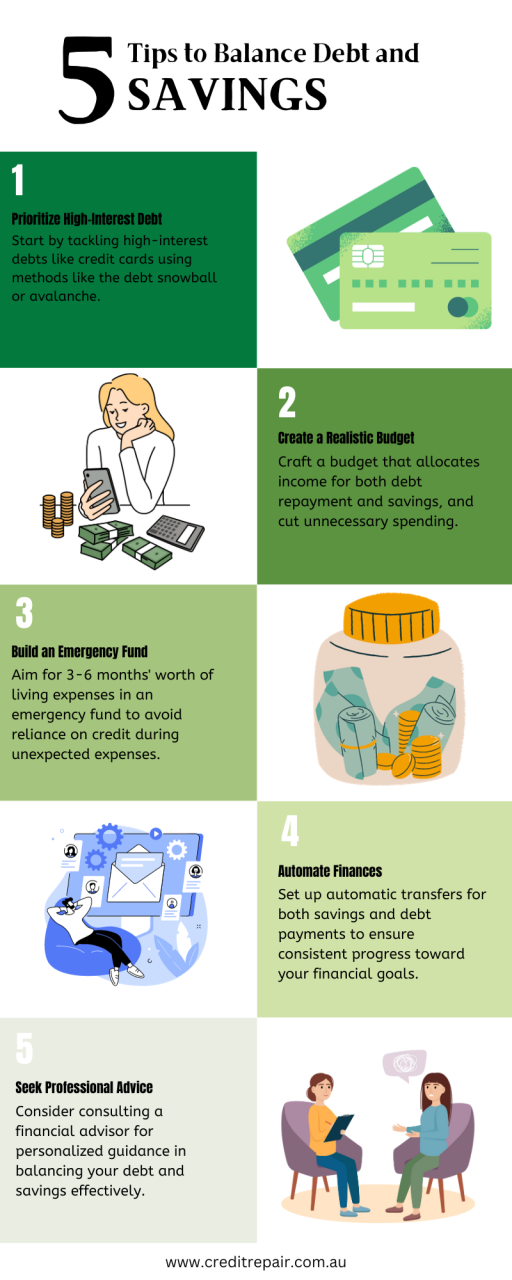Wednesday, 14 September 2022
What to do if your loan application is refused
If you were rejected for a loan, you may wonder why – it may be as simple as a missing document in your application, or it may be a warning sign that something is wrong with your credit history.
Understand the problem
No matter what type of loan you are applying for, it’s important to understand exactly why your loan application was denied, as the problem may continue to happen if you don’t take action. If you apply for more finance before finding out, chances are you’ll continue to be declined, which can negatively impact your credit report further.
There are a number of reasons why your application for credit may be refused, including but not limited to:
Not enough income
There may be a disconnection between what you think is possible to borrow and what lenders think you can afford. Lending criteria applies when deciding whether or not to give you credit and lenders may assess that you will struggle to make repayments given your level of income. Your salary may well be above average, however if you have too many other financial commitments, lenders may see you as a higher risk and not agree to lend you what you asked for.
Employment history
Lenders want to make sure you will be able to make your loan repayments. If you are a permanent, full time employee, you will have higher chances of getting approved than if you are a casual employee or have just started a new job.
Too many loan applications
We all want the best credit card deal, however if you have too many credit applications within a short period of time, lenders may consider that as a sign you are struggling financially and that you are desperate for credit. Shopping around for the best deal is fine, as long as you don’t submit an application for credit with each different lender.
Problems with your repayment history
By checking your repayment history, lenders will try to assess if you are a ‘high’ or ‘low’ credit risk. Essentially, they want to see that you have a solid history of borrowing and repaying your loans. If you’ve always paid back your debts on time they will see you as a low credit risk, but if you often miss payments, they may be more reluctant to lend you money.
Defaults on your credit report
Many people find out they have a default (black mark) on their credit report when they get declined for finance. Just one missed payment could end up as a black mark on your credit report and prevent you from getting approved for finance. If no action is taken, defaults may stay on your credit report for 5 years.
Previous serious infringements
Serious credit infringements such as court orders, writs and summons and bankruptcy are considered red flags by lenders. Debt solutions like a personal insolvency agreement and a debt agreement also fit into this category, as they are designed to help people overcome a current debt problem and get their finances back on track.
What to do
If you were declined a loan because of an issue on your credit report, it’s important that you don’t apply for credit with other lenders until you’ve taken action to fix the problem. Here’s what you can do:
- Confirm the information on your credit report
Lenders make a decision on whether or not to give you credit based on the information contained in your credit report, so the first step is to check that your credit history is accurate. You can get a free copy of your credit report once a year from the credit reporting bodies, but it may take up to 7 days. Alternatively, you can get your free credit report here and on the same day.
- Repair your credit report
If you have a default on your credit report, paying off the debt may only change the status of the default as ‘paid’. The good news is, you have a legal right to contest any black marks and completely repair your credit report. You can either do it yourself or hire someone to do the job for you.
In addition there are changes that you can make in the long term so that it’s easier to borrow in the future, such as setting up payment reminders to make sure you always pay your loans on time, reducing the amount of debt you owe and avoiding unnecessary credit enquiries.
Do you think you may have problems with your credit report? Find out the options available to repair your credit here.
since version 3.0.0 with no alternative available. Please include a comments.php template in your theme. in


 You're an Australian resident
You're an Australian resident You're between 18-65 years old
You're between 18-65 years old You or your partner have a regular income
You or your partner have a regular income You may need to borrow money or take control of your debt
You may need to borrow money or take control of your debt You may have been declined for a loan or have trouble paying your debt
You may have been declined for a loan or have trouble paying your debt We'll work with you fully understand your financial situation
We'll work with you fully understand your financial situation We will help you understand your credit report and the areas for improvement
We will help you understand your credit report and the areas for improvement You may yourself without charge obtain a copy of your credit record and challenge any entry on your credit report
You may yourself without charge obtain a copy of your credit record and challenge any entry on your credit report If you're applying for credit restoration improvement, we cannot guarantee that all adverse credit notations are removed from your credit report
If you're applying for credit restoration improvement, we cannot guarantee that all adverse credit notations are removed from your credit report We can only use our best endeavours to ensure that your credit record is true and correct
We can only use our best endeavours to ensure that your credit record is true and correct We will not provide you with any Insolvency services unless and until we've advised you that you may obtain help, free of charge, with credit and debt related problems from community based financial counsellors.
We will not provide you with any Insolvency services unless and until we've advised you that you may obtain help, free of charge, with credit and debt related problems from community based financial counsellors.





Leave a Reply